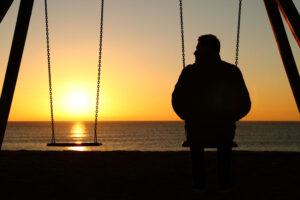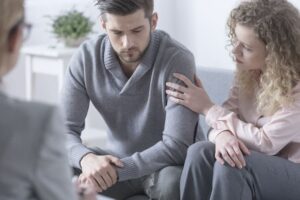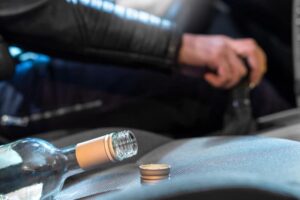Opioid addiction is a serious issue. Roughly 275 million people use opioids, and 27 million of them struggle with addiction to these substances. These addictions can lead to fatal overdoses, which is why it’s important to known as much as you can about opioid overdoses.
Below, we’ll describe what overdose signs you should be looking out for, the risk factors that increase the likelihood of an opioid overdose, and what to do if you believe a loved one is currently suffering with an opioid overdose. We hope this article gives you a better understanding of this difficult issue.
Which Risk Factors Increase the Likelihood of Opioid Overdose?
Whenever you take more opioids than you’ve been prescribed, you’re risking the chance that you may have an overdose. That said, there are a few things that can increase the likelihood of overdose. These include daily overuse and mixing opioids with other substances like alcohol.
You’re more likely to run into problems with illicit substances, since these aren’t regulated and you may not understand exactly what you’re taking. That said, you can overdose on opioids whether they’re legal or illegal. You’re simply equipped with more knowledge and guidance with legal opioids.
What Are The Opioid Overdose Signs To Watch Out For?
An opioid overdose may look similar to a very strong high. This means you’ll want to be particularly vigilant.
One of the most important things to watch out for is breathing issues. During an overdose, a person’s breathing might be slowed, shallow, or they may be choking on air. Their pupils may contract, looking unnaturally small, and their skin may begin to get cold.
What Should You Do If You Believe Someone Is Overdosing?
If you believe someone is overdosing, it’s imperative to call 9-1-1. Some people hesitate because they think the overdose might just be a strong high. But if you’re in doubt, it’s a potentially life-threatening situation and you need to call 9-1-1.
It’s also useful to use naloxone if you have it. It’s relatively inexpensive, which makes it a good idea to purchase if you or a loved one needs to use opioids.
Once they’ve received the medical attention they need, it’s also important to consider how you want to handle the situation going forward. Overdosing is a strong signal that your loved one may be suffering with an addiction. In this case, you’ll want to find a treatment center that will allow them to safely detox and recover from their addiction.
Looking for Opioid Addiction Recovery in Miami, Florida?
At Transitions Recovery Program, we’re committed to making sure you have the addiction recovery services you need. This includes treatment for opioids, which are incredibly addictive. Our staff is trained to help you during the difficult withdrawal process, but we have programs designed to help you on every step of your recovery journey.
If you have any questions about how you can get help for yourself or a loved one, please reach out to us by calling us toll-free 800-626-1980 or filling out our online contact form.

















